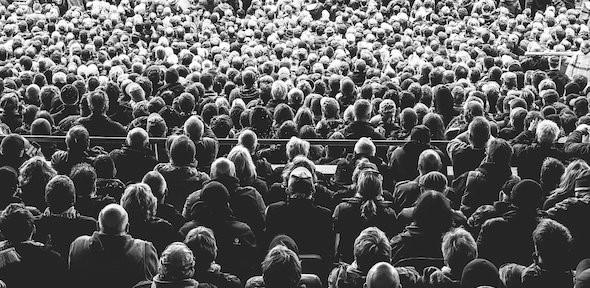
6 October 2020 to 30 April 2022
The story of hominin populations over the course of the last two million years is one of increasing inventiveness and collaboration, supported by increased capacities for culture and social learning. Yet it is also a story of radical changes to social organizations and economic exchange. As groups explored, foraged, or fled across landscapes, they could encounter other populations with different resources, tools, myths, and rituals.
Landscape, language, power and tradition erect group boundaries of different porosity. Sometimes these boundaries are permissive; goods, ideas, practices, and people can readily diffuse across them. At other times they mark a barrier. Here exchange is impossible, refused, foreclosed, or impractical. The ultimate cause of such boundaries may result from inter-group dynamics, like conflict or accessibility. But they may also result from endogenous change, when linguistic divergence or technological incompatibilities create opportunity costs. In both cases, boundaries harden.
This project investigated the processes and patterns of human cultures at and above the group level. Drawing on archaeology, cultural evolution, cognitive science, and philosophy, it explored the importance of cultural groups and group boundaries for understanding cultural change at encompassing spatial and temporal scales.
We gratefully acknowledge the funding provided by a strategic partnership between the Paris Sciences et Lettres Research University and the University of Cambridge, with support from the Embassy of France. We further extend our thanks to the Max Planck Institute for the Science of Human History for their support.
People
Principle Investigators:
Co-organizers:
Seminar series
Three seminar series were held over the duration of the project.
In Michaelmas 2020 the speakers were Cristina Moya (University of California, Davis), Felix Riede (Aarhus University), Cailin O'Connor (University of California, Irvine), and Barbara Mills (University of Arizona).
In Lent 2021, Mary Towner (Oklahoma State University), Damián Blasi (Harvard University), and Solange Rigaud (Université de Bordeaux).
And finally, in Lent 2022, May Zhang (University College London), Luke Premo (Washington State University), Anne Kandler (Max Planck Institute for Evolutionary Anthropology), and Charles Perreault (Arizona State University).
Speaker talks and transcripts can be found on the University Streaming Media Service.
